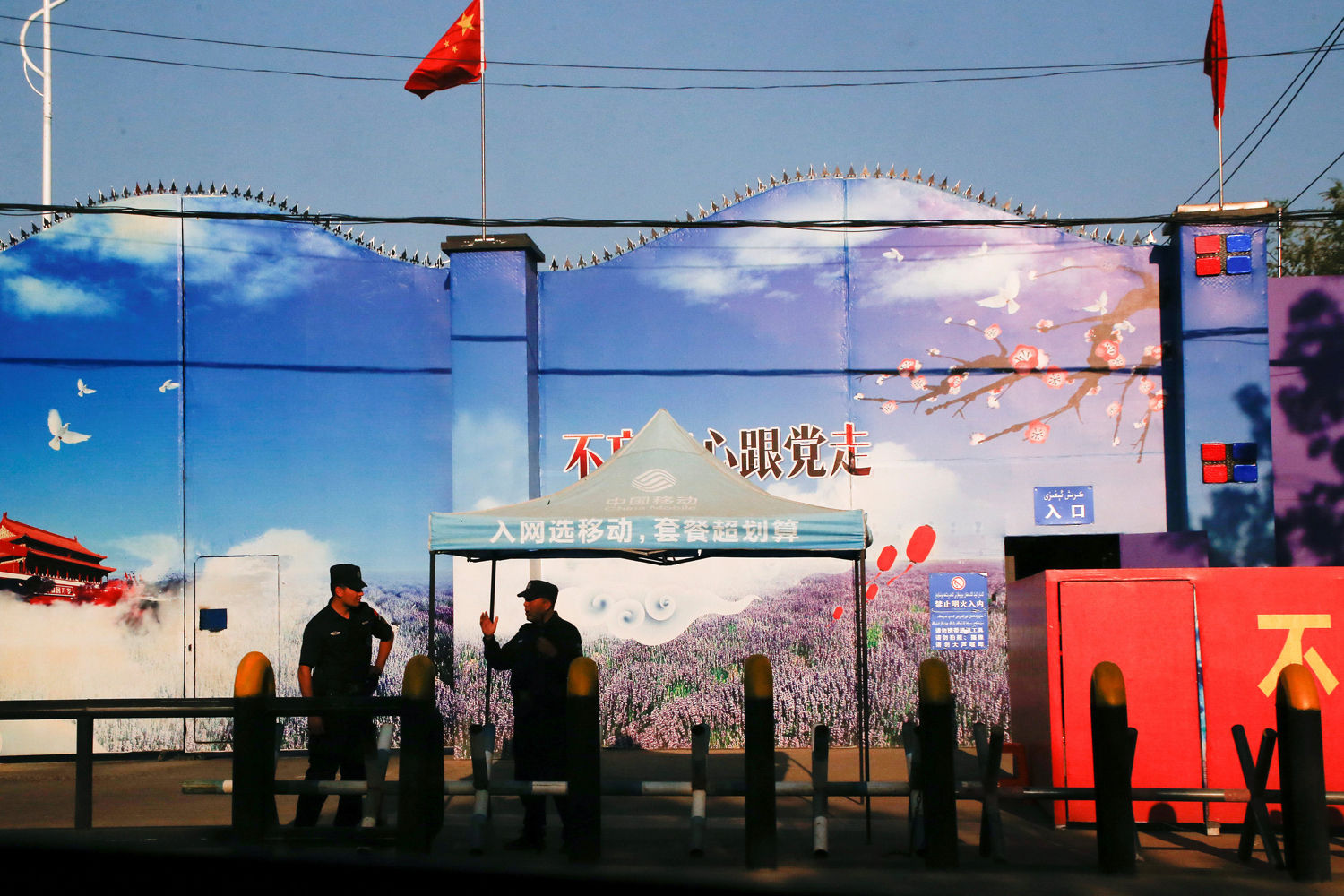(ATF) Britain will tighten the law on importing goods linked to alleged human rights abuses in China as ministers take a tougher stance on Beijing, according to a report published on Monday.
UK Foreign secretary Dominic Raab is expected to make a statement on Tuesday in the House of Commons on the government’s response to allegations of forced labour in China’s Xinjiang province, home to about 12 million Uighur Muslims, The Telegraph reported.
Former Conservative leader William Hague alluded to the announcement in an opinion article in the newspaper. “Tomorrow, the Conservative Party Human Rights Commission will publish a new report on China, detailing a wide range of abuses including torture, arbitrary arrest, forced confessions and the incarceration of huge numbers of people in Xinjiang,” he wrote.
Among the measures expected to be unveiled by the government include expansion of the Modern Slavery Act, reacting to concerns that items manufactured by Uighur Muslim forced labour might be entering the UK, the Telegraph reported.
The Telegraph said individual Chinese officials would not be targeted with sanctions. “The government’s programme of measures is expected to stop short of levying sanctions on individual Chinese officials responsible for alleged human rights abuses,” the article said.
Britain said last year there was credible, growing and troubling evidence of forced labour among Uighur Muslims. China has come under scrutiny over its treatment of Uighur Muslims and allegations of forced-labour abuses in Xinjiang, where the United Nations cites reports that 1 million Muslims held in camps have been put to work.
Beijing has repeatedly denied mistreating Uighurs and says the camps are vocational training centres that are needed to tackle extremism, accusing what it calls anti-China forces of smears.
Heavier fines proposed
According to the Telegraph, the UK government is considering imposing heavier fines on companies that breach the terms of the legislation, along with new due-diligence criteria that oblige firms to ensure that their supply chains are free of forced labour.
Among other measures, British ministers are looking to impose tougher export controls on goods and technology to China that could be used for repression, the Telegraph said.
The party report has been endorsed by senior Conservative figures, including Lord Hague and Sir Malcolm Rifkind, former foreign secretaries, Chris Patten, the former Hong Kong governor and Tom Tugendhat, the House of Commons foreign affairs committee chairman.
The report follows a decision earlier this month by British retailer Marks & Spencer to back a drive to stop forced labour in cotton and garment industries from Xinjiang.
M&S, one of the first major UK brands to take such a stand, signed a call to action by The Coalition to End Forced Labour in the Uighur Region – consisting of more than 300 civil society groups – to cut ties with suppliers in China that profit from the forced labour of the ethnic Uighurs and other Muslims.
The UK decision In December follows a number of measures taken by the US. “Since 2017, more than one million individuals have disappeared into internment camps in Xinjiang,” the US Department of State said in a statement on January 9. “Many families still have no idea if their loved ones are even alive.”
Outgoing Department of Homeland Security chief Chad Wolf said in December 2020 that it was looking at further restrictions on China, including a broader prohibition on goods made with forced labour. Wolf was apparently referring to a ban on all cotton and tomato products from Xinjiang instead of those from specific entities.
























